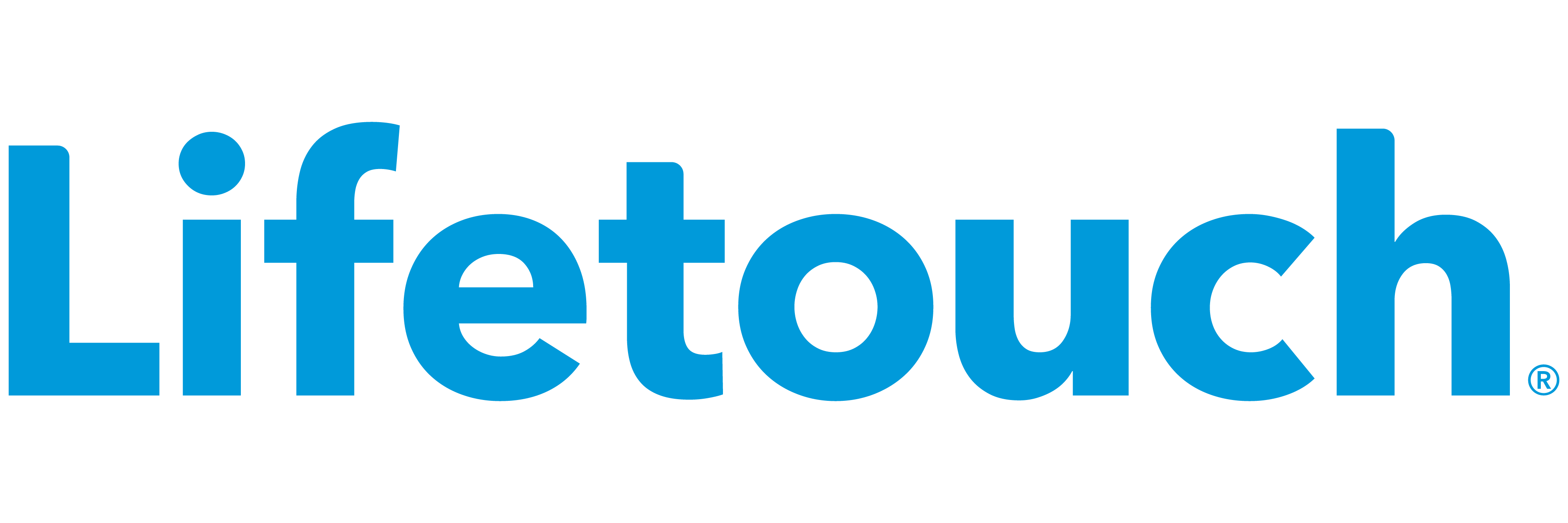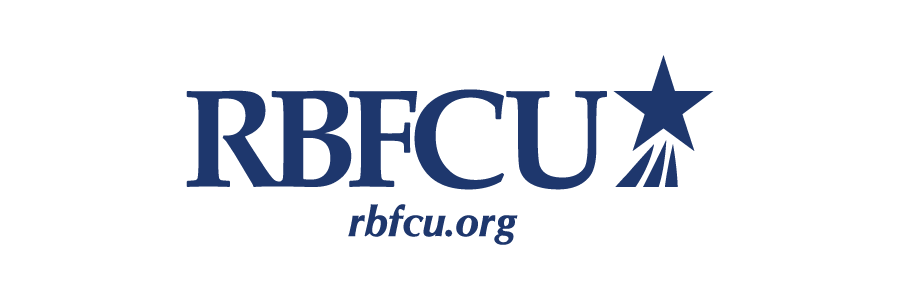Literacy by 3rd Grade
Support programs that ensure all 3rd grade students are reading and writing on grade-level, including full-day Pre-K funding that prioritizes students in at-risk environments.
BACKGROUND
-
Only 40% of students who are eligible for optional Pre-K public school in Texas attend as 3 and 4-year olds.
-
Only 6 in 10 Texas children come to public school assessed as kindergarten ready.
-
The National Research Council asserts that academic success, as defined by high school graduation, can be predicted with reasonable accuracy by knowing someone’s reading skill at the end of third grade. A person who is not at least a modestly skilled reader by that time is unlikely to graduate from high school.1
-
In 2017, only 44% of students met the state’s third grade reading standard.
-
Students who don’t read proficiently by third grade are four times more likely to leave high school without a diploma than proficient readers.2
-
Millions of American children advance to fourth grade without learning to read proficiently, putting them at risk for dropping out of school. The ability to read by third grade is critical to a child’s success in school, life-long earning potential, and their ability to contribute to the economy.3
-
The Texas poverty rate is the 15th highest in the U.S.4 The increasing levels of both economic disadvantage and English language learners within Texas’ K-12 public school system make it more important than ever that we address key areas of weakness within our public education system, focusing on early education.
-
28% of Texas graduating classes achieved a post-secondary credential within 6 years of their high school graduation; only 12% of low-income students did so.5
-
Every student who does not complete high school costs our society approximately $260,000 in lost earnings, taxes, and productivity.6
Download this information here.
Descargue esta información aquí.
1National Research Council. (1998). Preventing Reading Difficulties in Young Children. Edited by C. Snow, S. Burns, and P. Griffin, Committee on the Prevention of Reading Difficulties in Young Children. Washington, DC: National Academy Press.
2https://www.aecf.org/blog/poverty-puts-struggling-readers-in-double-jeopardy-minorities-most-at-risk
3https://www.aecf.org/resources/early-warning-why-reading-by-the-end-of-third-grade-matters
4Income and Poverty in the United States: 2016, United States Census
5THECB 8th Grade Cohort Study
6https://www.aecf.org/resources/early-warning-why-reading-by-the-end-of-third-grade-matters








